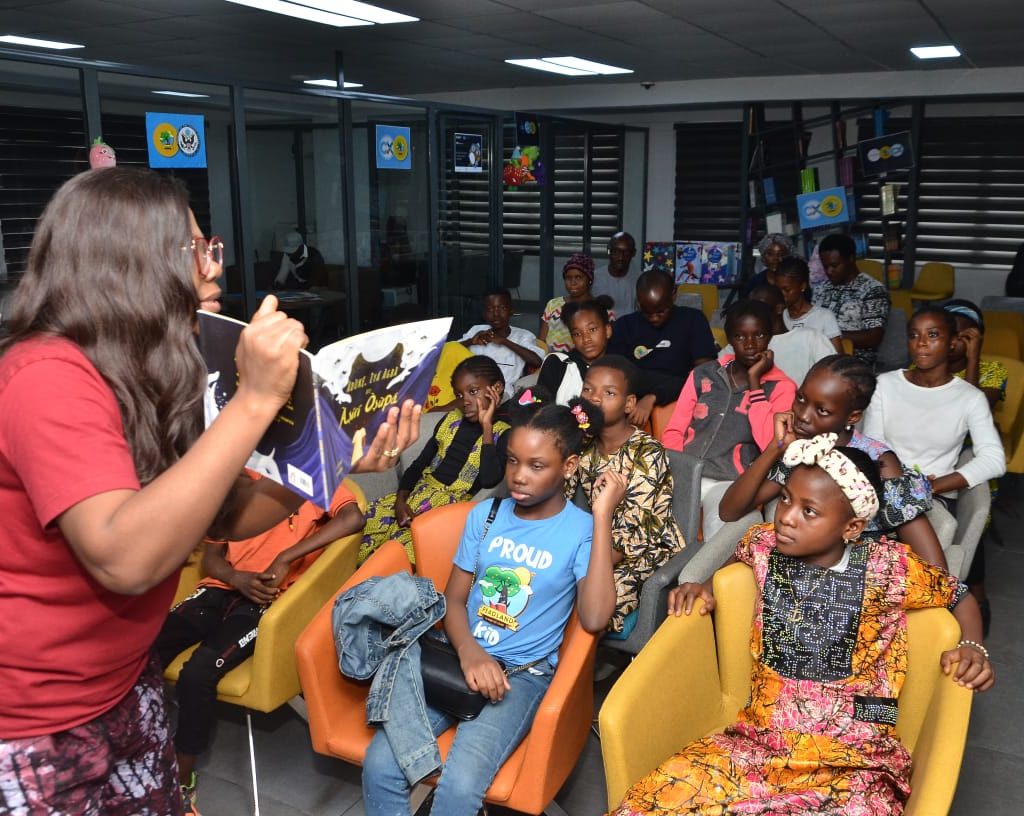Three important reasons why we can’t ignore early literacy
The early childhood literacy crisis in Nigeria has broad and lasting implications.
Elementary school students who struggle to read now may face many future obstacles, both in and out of the classroom.
Research shows that students who lack proficient reading skills by fourth grade are at a higher risk of struggling academically and even dropping out of school.
Low literacy rates are also linked to other lasting consequences affecting our communities, such as poverty and crime.
These are just a few of the reasons why we need to act now and create a future built on literacy.
Hence Readland Global created a simple model called the Read Aloud revolution.
1. The need is great and urgent.
Many students in Nigeria lack strong reading abilities, and the achievement gap increases further if a child lives in a low-income community.
Nearly 10 million low-income fourth graders currently read below grade level in Nigeria.
Only one in five low-income students read proficiently by fourth grade.
Students who struggle to read proficiently are also more likely to struggle in other subject areas like science and math, and they fall farther behind their peers at an increasing rate
2. Students who struggle to read are likely to face future challenges.
Reading is the foundation for all future learning, so young students who are unable to read proficiently may find themselves lacking other critical skills in their later years.
Children who do not read proficiently by fourth grade are four times more likely to drop out of high school.
According to a World Literacy Foundation Report from 2012, poor educational outcomes are linked to other negative consequences, such as poverty, unemployment, illness, and crime.
Seventy-five per cent of crimes in Nigeria are committed by high school dropouts.
3. Early literacy has significant implications for Nigerian society.
This isn’t just an issue for the individual children who lack the support they need to develop strong reading skills—this is an issue for all Nigerians. The early literacy crisis negatively impacts many other aspects of Nigerian society.
Every student that leaves school without graduating costs Nigerian society ₦260k in lost earnings, taxes, and productivity.
Economists predict a lack of 5 million secondary-educated workers by 2020 if current trends persist in Nigeria.
Nigeria could save an estimated ₦18.5 billion in annual crime costs, and the incidence of crime would significantly decrease if the graduation rate increased by just 5 percentage points.
If the number of secondary school dropouts was cut in half, Nigeria would save an annual ₦7.3 billion in Medicaid spending.




